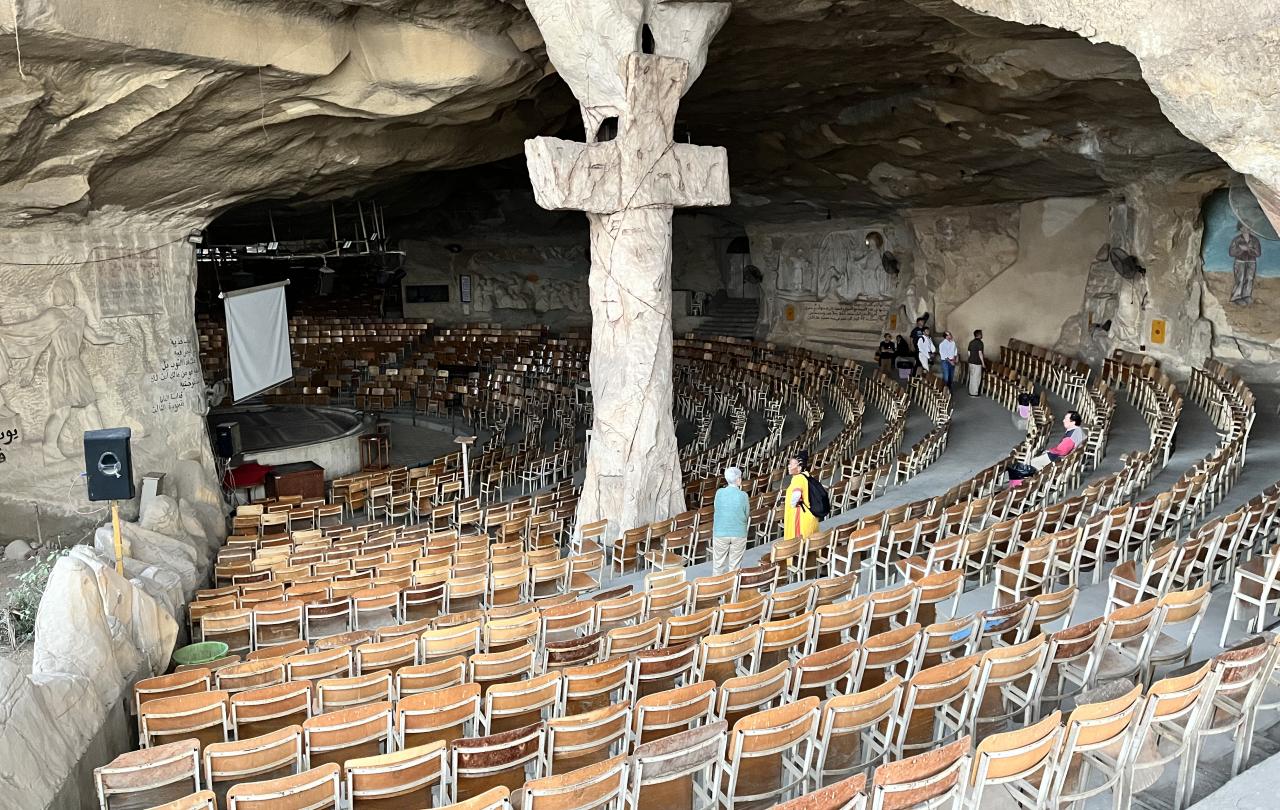Podcast
Awe and wonder
Coptic Church
Culture
Eating
Egypt
Seen & Unseen Aloud
1 min read

One of the Zabballeen's Cave Churches,
Listen now
As ever, we have a smogarsbord to listen to... Iwan Russell-Jones explores some 30,000 year old cave paintings; Trystan Owain Hughes asks why Veganuary still has merit and Graham Tomlin tells the story of how the biggest church in the Middle East was born in Garbage City.





